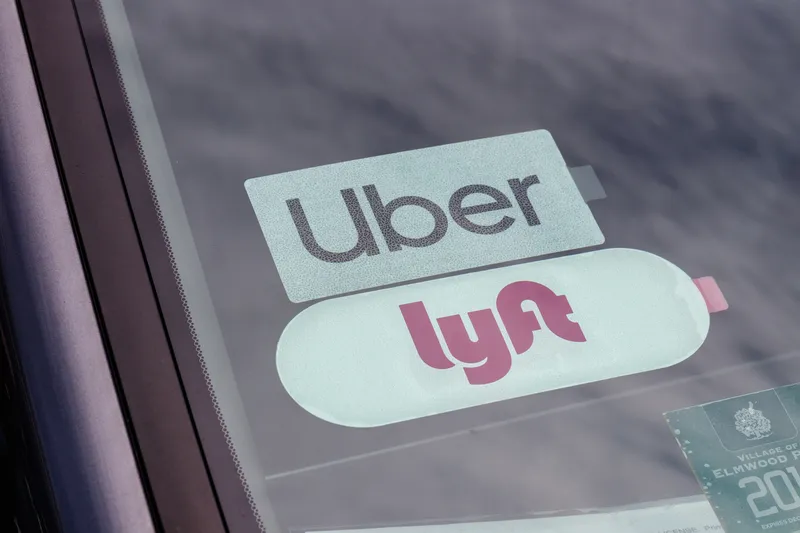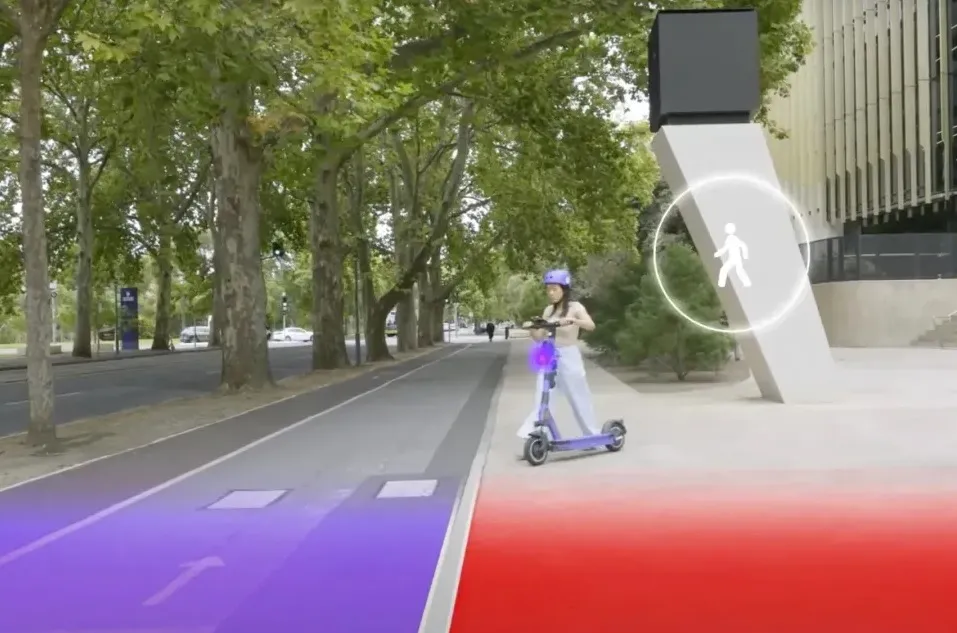Former Google self-driving car company Waymo has launched the first public trial of its cars, in the Phoenix area of Arizona, where residents can apply to join the early rider program. The company will provide access to its fleet to people with diverse backgrounds and transportation needs who want to ride in and give feedback about its self-driving cars. Early riders will play an important role in shaping the way Waymo introduces its self-driving technology, via personal cars, public transportation, ride-ha
April 26, 2017
Read time: 1 min
Former Google self-driving car company 8621 Waymo has launched the first public trial of its cars, in the Phoenix area of Arizona, where residents can apply to join the early rider program.
The company will provide access to its fleet to people with diverse backgrounds and transportation needs who want to ride in and give feedback about its self-driving cars.
Early riders will play an important role in shaping the way Waymo introduces its self-driving technology, via personal cars, public transportation, ride-hailing, logistics and more.
In addition to the early rider program, Waymo is adding another 500 self-driving









